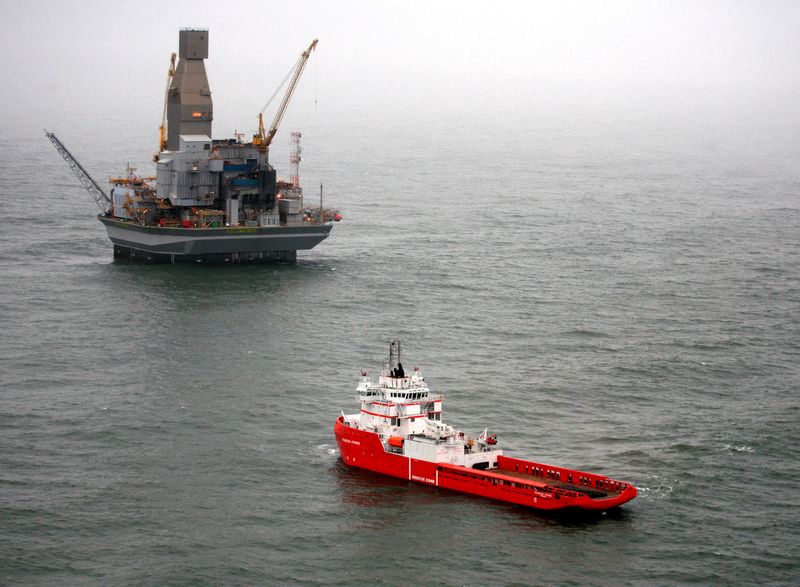(Reuters) - Each cargo of seaborne Russian oil will be subject to the price cap when it is first sold to a buyer on land, the United States and its allies have determined, according to a Wall Street Journal report on Friday.
This comes as U.S. officials and G7 countries have been in intense negotiations in recent weeks over the unprecedented plan to put a price cap on sea-borne oil shipments, which is scheduled to take effect on Dec. 5 - to ensure EU and U.S. sanctions aimed at limiting Moscow's ability to fund its invasion of Ukraine do not throttle the global oil market.
Intermediary trades of Russian oil that occur at sea must still fall under the cap, the report said, citing people familiar with the matter.

However, if a cargo of Russian oil has been refined into petroleum products such as gasoline, then it can again be traded at sea without being subject to the cap, the report added.
Reuters reported on Thursday that the Group of Seven rich nations and Australia have agreed to set a fixed price when they finalize a price cap on Russian oil later this month, rather than adopting a floating rate, citing sources.